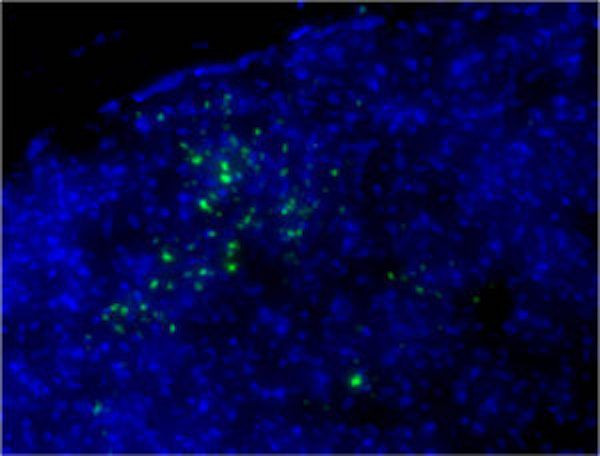Crohn's Disease Causes 2016: Food-Poisoning Bacteria Linked To Inflammatory Bowel Disease

A new study led by researchers at McMaster University found that a common food-poisoning bacteria (called adherent-invasive E. coli, or AIEC) causes rapid growth in a certain bacterium that’s linked to the development of Crohn’s. Researchers hope the results will lead to new treatments for those suffering from debilitating bowel conditions.
Crohn’s disease is a chronic inflammatory bowel disease characterized by inflammation of the digestive, or gastrointestinal, tract. It is one of the two main forms of inflammatory bowel disease, and the disease can cause abdominal pain, diarrhea, weight loss, anemia, and fatigue. There is no cure for Crohn's disease, but medications such as steroids and immunosuppressants can be used to slow its progression.
“This is a lifelong disease that often strikes people in their early years, leading to decades of suffering; an increased risk of colorectal cancer; and an increased risk of premature death, Dr. Brian Coombes, senior author of the study, said in a statement from McMaster University. “Compared to the general population, quality of life for those with Crohn’s disease is low across all dimensions of health.”
Using a mouse model of Crohn's, researchers found that increased levels of AIEC, the food-poisoning result, remained in the gut even after the animals had cleared the bacteria. This persistence led to worsened Crohn’s symptoms over a long period of time.
The findings from this study could help to identify people who may be at greater risk for Crohn’s disease after experiencing an episode of acute infectious gastroenteritis, the University reported.
“The need to understand the root origins of this disease – and to use this information to invigorate a new pipeline of treatments and preventions – has never been more pressing,” Coombes said.
Source: Small CL, Xing L, McPhee JB, Law HT, Coombes BK. Acute Infectious Gastroenteritis Potentiates A Crohn's Disease Pathobiont To Fuel Ongoing Inflammation In The Post-Infectious Period. PLOS Pathogens. 2016.
Read more:
Crohn’s Disease Symptoms Update: Inflammatory Bowel Disease Affects Brain Function
Published by Medicaldaily.com



























